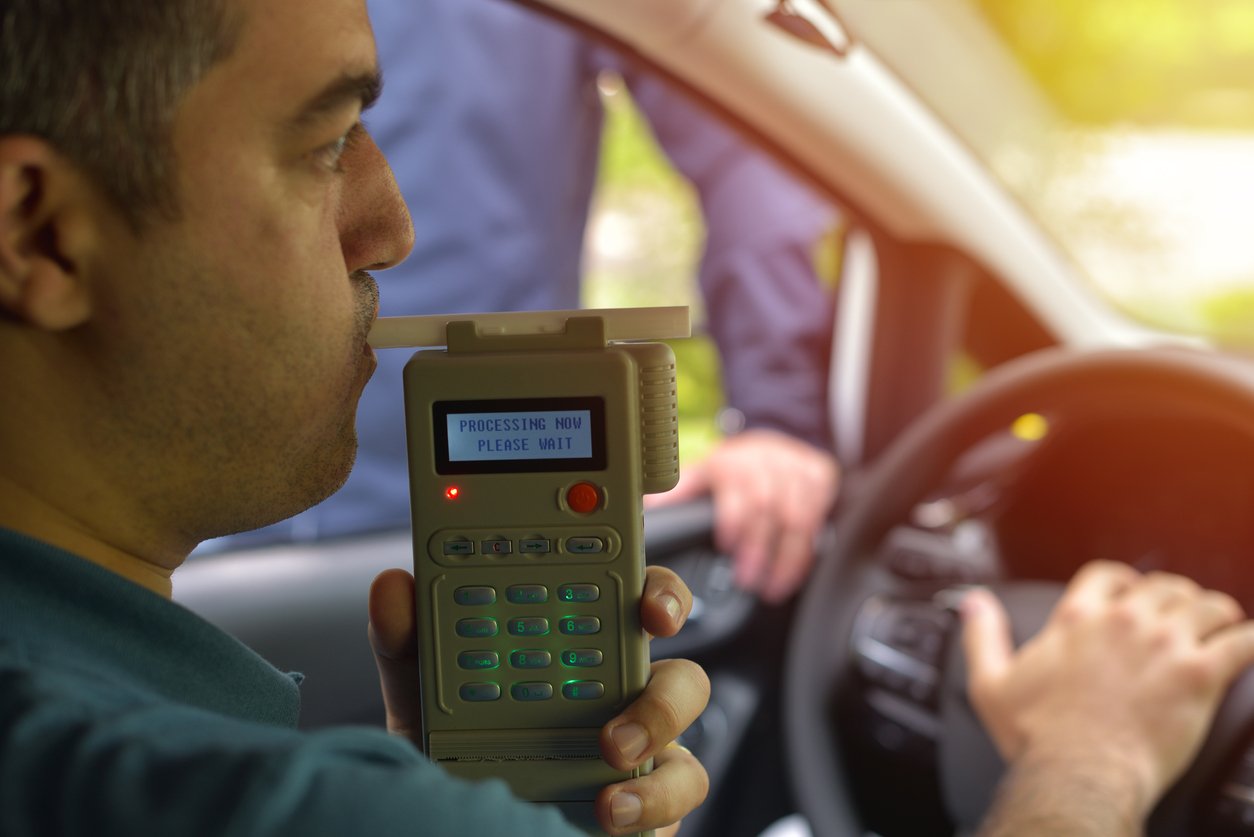The outcomes of many DWI cases generally rest upon blood tests. Blood tests are the most adequate gauge for determining an individual’s blood alcohol concentration (BAC) that we currently have. BAC can be tested through a sample of a driver’s blood, breath, or urine.
In the state of North Carolina, an individual may be charged with a DWI if their blood alcohol content tests at 0.08% or higher. There are different levels of DWI, as well as factors that can be mitigating, aggravating, and grossly aggravating. Since blood tests and BAC levels are usually the only real objective form of evidence admitted in DWI trials, these cases usually hinge upon the validity of the results.
Multiple factors such as gender, medication, and size are relevant to an individual’s BAC level. Despite the fact that these tests are generally looked at as an authority, they are not without risk of error.
When your BAC is tested through an appropriate breath testing device, a result of 0.08% or more usually results in an immediate temporary suspension of your license. It is important to immediately contact a local, knowledgeable Criminal Defense Attorney to begin taking steps to restore your license.
When your BAC is tested through blood or through urine, delays of six weeks or more for the results to come in are not uncommon. If they come back as you having a BAC above the legal limit, a suspension of driving privileges is then sent to the North Carolina DMV.
You will then receive a notice to make you aware that your license has been suspended. Once you have received notice from the DMV, it is very important to call a knowledgeable Criminal Defense Attorney who has experience with DWI cases in order to challenge the validity of the testing.
In What Ways Can BAC Tests Be Invalid?
A BAC test can be invalidated in several ways. These include the following:
1. Issues with how blood was collected
Often one of the issues that can invalidate a BAC test can occur when a technician is collecting your blood. Since technicians who are responsible for prepping the site and drawing the blood are often only provided minimal training, they may make a mistake that can have a serious effect. If a technician takes too big or too small of a sample, fails to properly clean the site of injection, or does not prep the area with alcohol swabs, an error can occur.
2. Issues with the chain of custody
An extremely important component of any criminal case that involves tangible evidence is establishing a chain of custody at all times. The prosecution is responsible for proving the chain of custody. This is the case for a blood sample. The sample’s whereabouts must be known at all times from the beginning to the end of the process. Whenever the sample changes hands, it must be recorded in great detail, down to the time and date of the transfer. If not, it’s validity can reasonably be questioned.
3. Issues with how the sample is stored
The storage of blood samples can affect the results. Blood samples are kept in vacuum-sealed tubes that contain specific chemicals to help prevent contamination and to preserve the authenticity of the sample that was taken. Utilizing tubes past their date of expiration and other errors can impact the results and raise questions of their validity.
4. Issues with hospital lab testing
When an individual has been involved in an accident and has their BAC tested at a hospital, the results can often be challenged due to the fact that the hospital labs use different techniques than forensic labs. For example, hospitals usually only test blood plasma, which is more concentrated than if you were to test the whole sample. Additionally, certain serious injuries can cause lactic acid. Unfortunately, hospital tests generally can’t differentiate lactic acid from ethyl alcohol.
5. Issues with calibration
Similar to Breathalyzers, blood-testing machines also need to be calibrated in order to be sure that they are working properly. If the machines are not properly calibrated, it can lead to error. If this is the case, results may be excluded.
Hancock Law Firm, PLLC Helps Those in North Carolina Who Have Been Charged with a DWI
Proving BAC testing and results to be invalid can be the difference between a conviction, which will have a huge impact on your life or an acquittal. At Hancock Law Firm, PLLC, we work to get you the results you deserve. To learn more or to schedule a free consultation, contact us today!


